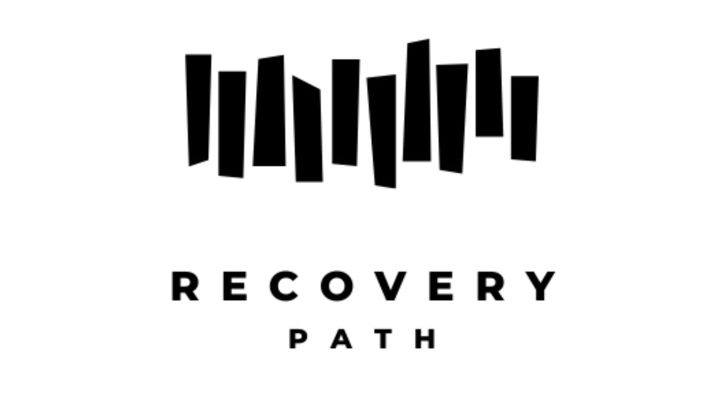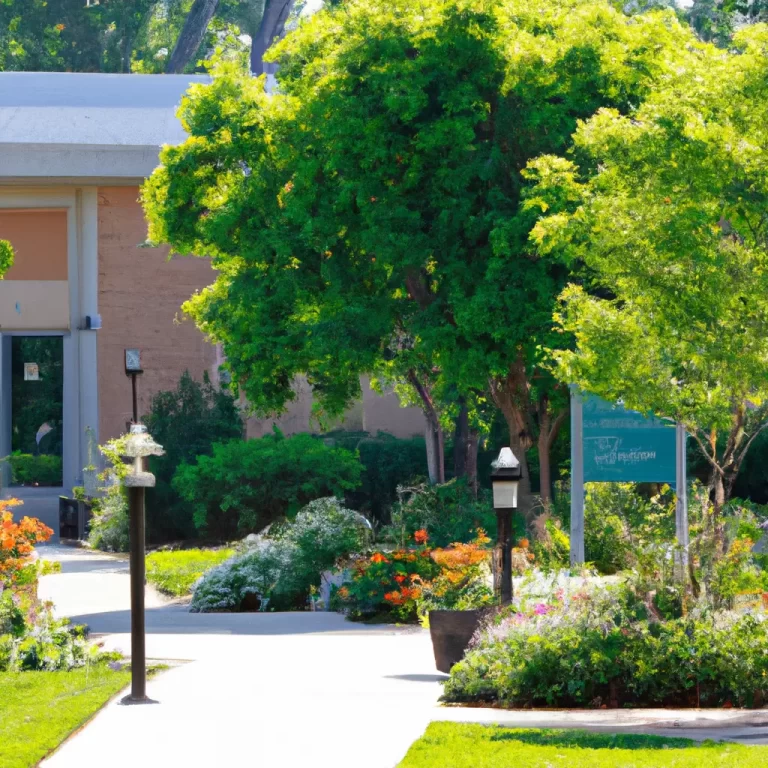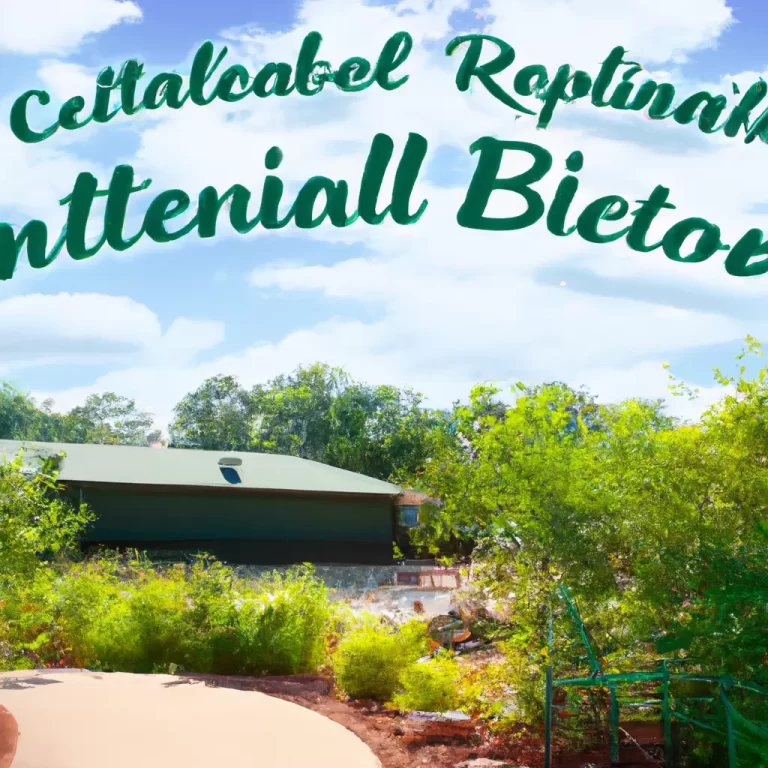7 Life-Changing Rehab Strategies to Break Free: Why Your Future Self Deserves a Fresh Star
****
Embarking on the journey of rehabilitation can be a daunting and challenging process, but it is a crucial step towards breaking free from the chains of addiction and reclaiming control over your life. Whether you are struggling with substance abuse, alcohol addiction, or any other compulsive behavior, implementing effective rehab strategies can pave the way for a brighter future filled with hope, healing, and renewed purpose. In this article, we will explore seven life-changing rehab strategies that can empower you to take charge of your recovery journey and give your future self the fresh start it deserves.
**1. Embrace the Power of Self-Reflection**
Before you can begin your journey towards rehabilitation, it is essential to engage in deep introspection and self-reflection. Take the time to understand the root causes of your addiction, confront your fears and insecurities, and identify the triggers that lead you down the path of self-destructive behavior. By gaining insight into your thoughts and emotions, you can start to unravel the complex web of addiction and lay the foundation for lasting change.
**2. Cultivate a Strong Support System**
Recovery is not a solo endeavor; it requires the support and encouragement of loved ones, friends, and professionals who are invested in your well-being. Surround yourself with individuals who believe in your ability to overcome challenges, provide a listening ear when you need to vent, and offer guidance and wisdom along the way. Building a strong support system can help you navigate the ups and downs of the recovery process with resilience and determination.
**3. Develop Healthy Coping Mechanisms**
One of the key components of successful rehabilitation is learning how to cope with stress, anxiety, and negative emotions in a healthy and constructive manner. Instead of turning to substances or harmful behaviors to numb your pain, explore alternative coping mechanisms such as mindfulness meditation, exercise, journaling, or engaging in creative activities. By developing healthy coping strategies, you can effectively manage triggers and cravings while fostering emotional resilience.
**4. Set Realistic Goals and Milestones**
Recovery is a gradual and ongoing process that requires patience, perseverance, and commitment. To stay motivated and focused on your journey, set realistic goals and milestones that are achievable and measurable. Celebrate small victories along the way, whether it’s attending a support group meeting, reaching a certain number of days sober, or overcoming a challenging craving. By breaking down your recovery journey into manageable steps, you can track your progress and stay motivated to keep moving forward.
**5. Prioritize Self-Care and Wellness**
Taking care of your physical, mental, and emotional well-being is essential for sustaining long-term recovery and preventing relapse. Make self-care a priority by getting an adequate amount of sleep, eating nutritious foods, staying hydrated, and engaging in regular exercise. Practice mindfulness and relaxation techniques to reduce stress and promote inner peace. Remember that self-care is not selfish; it is a vital component of maintaining balance and harmony in your life.
**6. Engage in Therapy and Counseling**
Therapy and counseling are invaluable tools for exploring the underlying issues that contribute to addiction, processing past traumas, and developing healthy coping strategies. Whether you opt for individual therapy, group therapy, or family counseling, working with a qualified therapist can provide you with the guidance, support, and insights needed to navigate the complexities of recovery. Therapy can help you gain a deeper understanding of yourself, build resilience, and cultivate positive behavioral patterns.
**7. Stay Committed to Lifelong Learning and Growth**
Recovery is not a destination but a continuous journey of self-discovery, growth, and transformation. Stay committed to lifelong learning by seeking out educational opportunities, attending workshops or seminars, and exploring new hobbies and interests. Embrace personal growth as a lifelong pursuit and remain open to new experiences, perspectives, and possibilities. By investing in your personal development and self-improvement, you can create a fulfilling and purposeful life beyond addiction.
In conclusion, embarking on the path of rehabilitation requires courage, determination, and a willingness to embrace change. By implementing these seven life-changing rehab strategies, you can empower yourself to break free from the shackles of addiction, cultivate a renewed sense of purpose, and pave the way for a brighter future filled with hope and possibility. Remember that you deserve a fresh start, and your future self will thank you for taking the first step towards healing and transformation.







